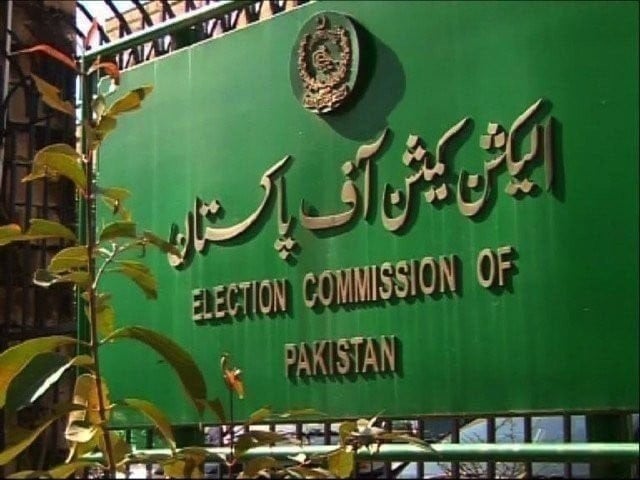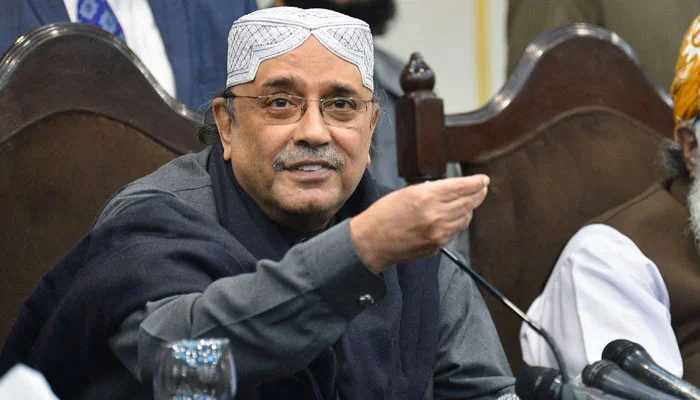As Pakistan prepares for the 2024 general election, the focus turns to the intricate procedures and logistics involved in ensuring a smooth and transparent voting process. Election day, the culmination of months of campaigning and anticipation, is a pivotal moment for democracy in Pakistan. Let’s explore in detail the various aspects of how voting works on this significant day.
1. Polling Stations and Accessibility:
Polling stations are the heart of the election day process, serving as the primary locations where citizens cast their votes. Spread across the country, these stations are strategically placed to ensure accessibility for all citizens, including those residing in remote or rural areas. Efforts are made to make polling stations easily reachable, often located in community centers, schools, or other public buildings.
Accessibility is a key consideration, with provisions made for individuals with disabilities. Polling stations are equipped with facilities such as ramps and accessible voting booths to accommodate voters with mobility challenges. Additionally, election authorities often collaborate with local organizations to provide transportation assistance for elderly or disabled voters, ensuring that everyone can participate in the electoral process.
2. Verification and Identification:
Upon arrival at the polling station, voters are required to present valid identification to confirm their eligibility to vote. Accepted forms of identification typically include national identity cards or other government-issued documents bearing a photograph and unique identification number. This verification process is essential for maintaining the integrity of the electoral process and preventing fraud or impersonation.
3. Ballot Casting Process:
Once verified, voters are provided with a ballot paper listing the candidates and parties contesting in their respective constituencies. Inside the privacy of the voting booth, voters mark their choice using a stamp or other approved method. Ensuring the secrecy of the ballot is crucial, as it safeguards the freedom of expression and prevents any coercion or intimidation tactics.
4. Voter Assistance and Guidance:
For individuals who require assistance due to illiteracy, disability, or other reasons, trained election officials are available to provide guidance and support throughout the voting process. These officials ensure that every eligible citizen can participate fully in the electoral process without facing any barriers. Additionally, informational materials and instructions are provided in multiple languages to cater to the diverse linguistic landscape of Pakistan.
5. Security Measures:
Maintaining peace and order on election day is paramount, and comprehensive security arrangements are put in place at polling stations across the country. Law enforcement agencies work in close coordination with election authorities to deter any attempts at disruption, violence, or coercion. Police personnel are deployed to ensure the safety of voters, election officials, and observers, creating a secure environment conducive to free and fair elections.
6. Transparency and Oversight:
Transparency is a cornerstone of the electoral process, and various measures are implemented to ensure accountability and fairness. Election observers, both domestic and international, are deployed to monitor proceedings at polling stations and report any irregularities or violations. Political parties and candidates are granted access to observe the voting process, further enhancing transparency and public trust in the electoral process.
7. Counting and Results Announcement:
After the conclusion of voting, ballot boxes are securely sealed and transported to centralized locations for counting. Election officials meticulously tally the votes, ensuring accuracy and transparency in the tabulation process. Once the results are finalized, they are announced publicly, providing closure to the electoral process and allowing citizens to know the outcome of their collective decision.
In conclusion, the election day procedures and voting logistics in Pakistan’s 2024 election are designed to uphold the principles of democracy and ensure the participation of all eligible citizens. Through meticulous planning, robust security measures, and a commitment to transparency, Pakistan strives to conduct free, fair, and credible elections that reflect the will of the people. As citizens prepare to cast their ballots, they do so with the knowledge that their voices will be heard and their votes will shape the future of their nation.
– Hassan Khan
PNP Election Cell
This post has been submitted by one of our interns. PNP Internship Program is an exciting career opportunity for Pakistani university students to get hands-on valuable experience required in national and international job market.
In order to ensure transparency, accuracy and accountability to our readership, please report whenever any error found or need to clarify /correct the post.



